I want a table/chart of the price of iron (various grades including steel) over the long run, say 1700–present. Surely this is a thing the field of economic history should have produced by now? Yet, the data seems scattered and not unified. Am I missing something?

Surely this is a thing the field of economic history should have produced by now? Yet, the data seems scattered and not unified.
“On the reefs of roast beef and apple pie socialist utopias of every sort are sent to their doom” pic.twitter.com/ZixK3u46Zv
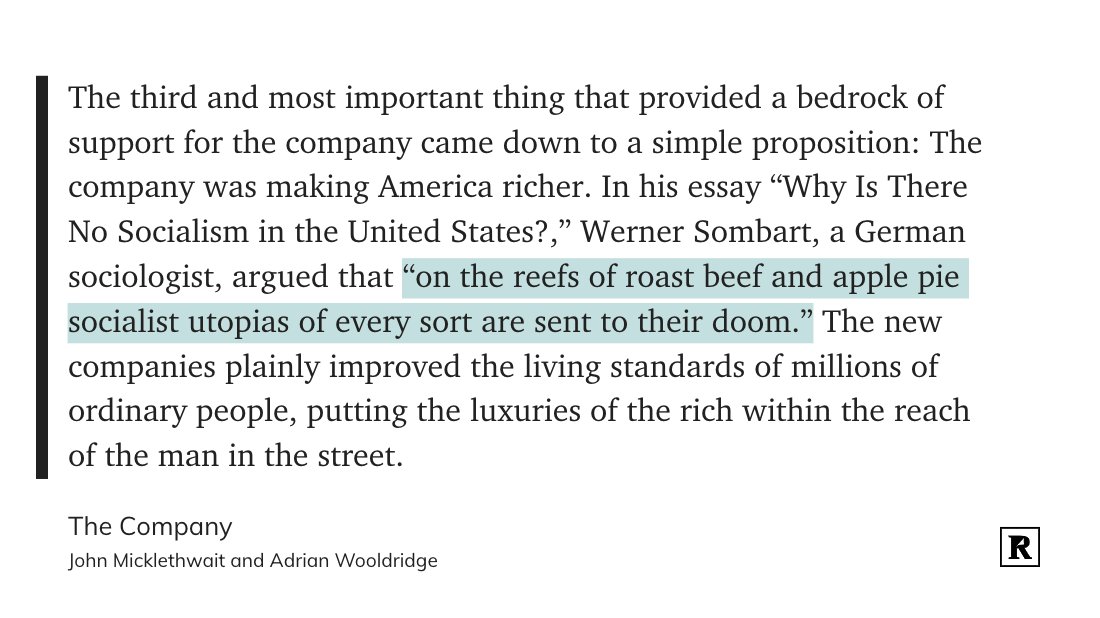
Large cities were considered unsustainable by many, before modern sanitation: pic.twitter.com/ti2f9CbTdR
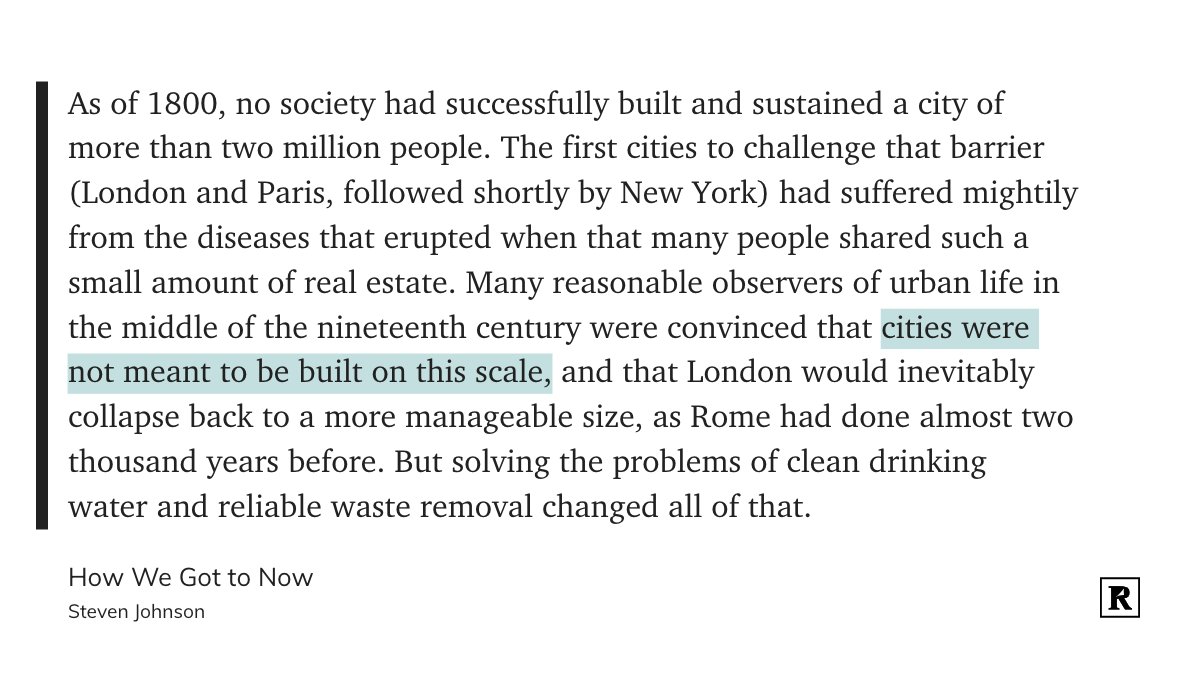
The phonograph was invented in the late 1800s, but for decades, recording technology was quite primitive by today's standards: pic.twitter.com/RcVLhkSbKO
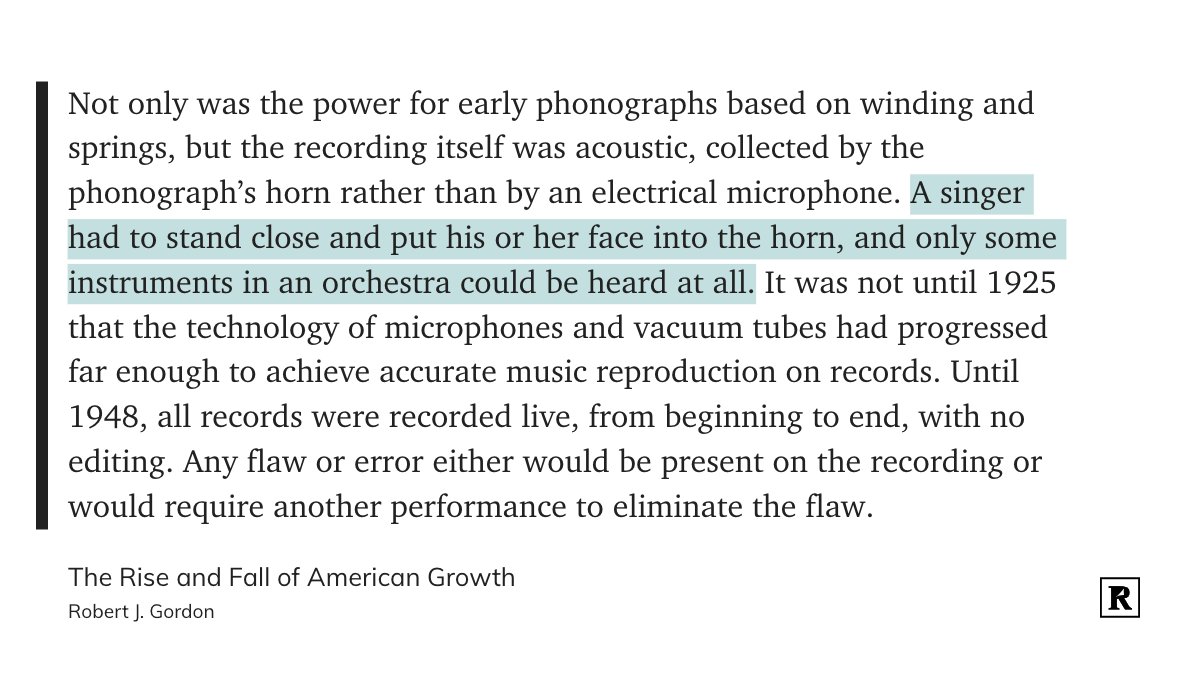

We often ask, why is X so expensive? (housing, pharma…) I suspect the question is backwards. We should ask, how does anything ever get/stay cheap? Everything starts out inefficient, wasteful, and therefore expensive. It takes an intense, dedicated campaign to drive costs down.

We often ask, why is X so expensive? (housing, pharma…) I suspect the question is backwards. We should ask, how does anything ever get/stay cheap?
Household entertainment, such as it was, c. 1870: pic.twitter.com/RHGXTxY4pX
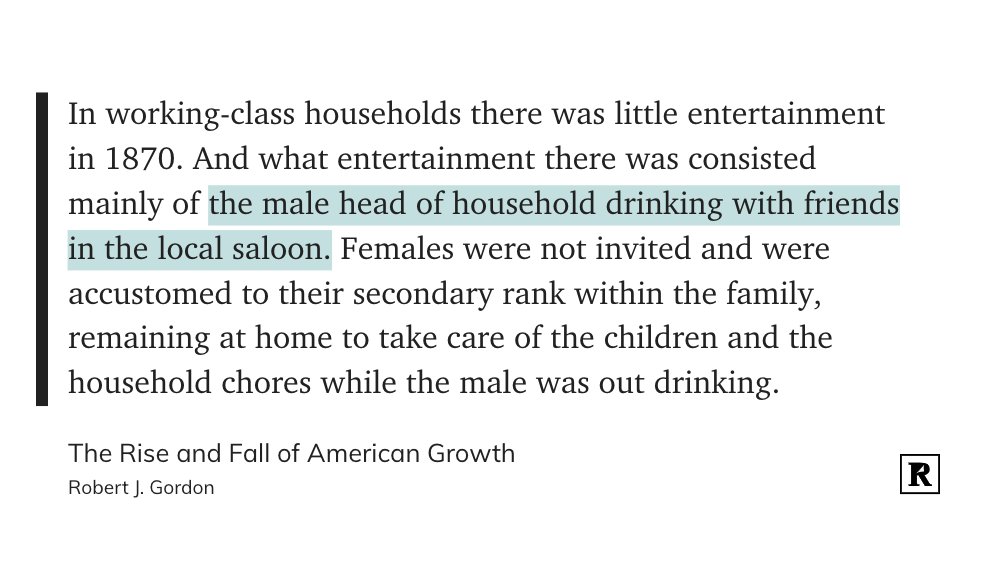

Why innovation is hard: the idea maze is intricate, and you're groping in the dark. Trying topical applications of penicillin to wounds was a totally reasonable idea, but it didn't work. Easy to get discouraged and not realize you are one tweak away from a breakthrough pic.twitter.com/zmYueMaQ8w


The idea maze is intricate, and you're groping in the dark. Trying topical applications of penicillin to wounds was a totally reasonable idea, but it didn't work. Easy to get discouraged and not realize you are one tweak away from a breakthrough

The center of scientific activity shifted many times over the course of a few centuries. It could shift again pic.twitter.com/pwbWVVPrzY
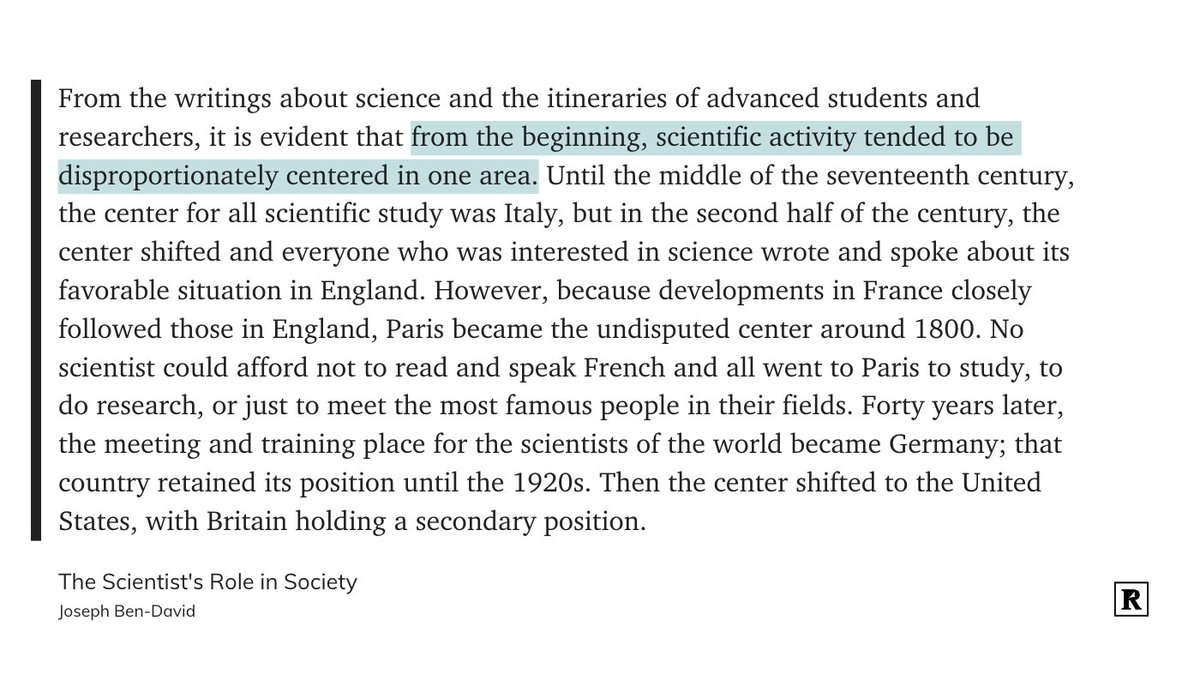

Progress in milking: pic.twitter.com/xpPMSc2fKq


Without industrial literacy, the pre-industrial past seems bucolic. But subsistence farming is nothing like a road trip to go backpacking through a carefully groomed modern state park pic.twitter.com/EfCNmzvYpH
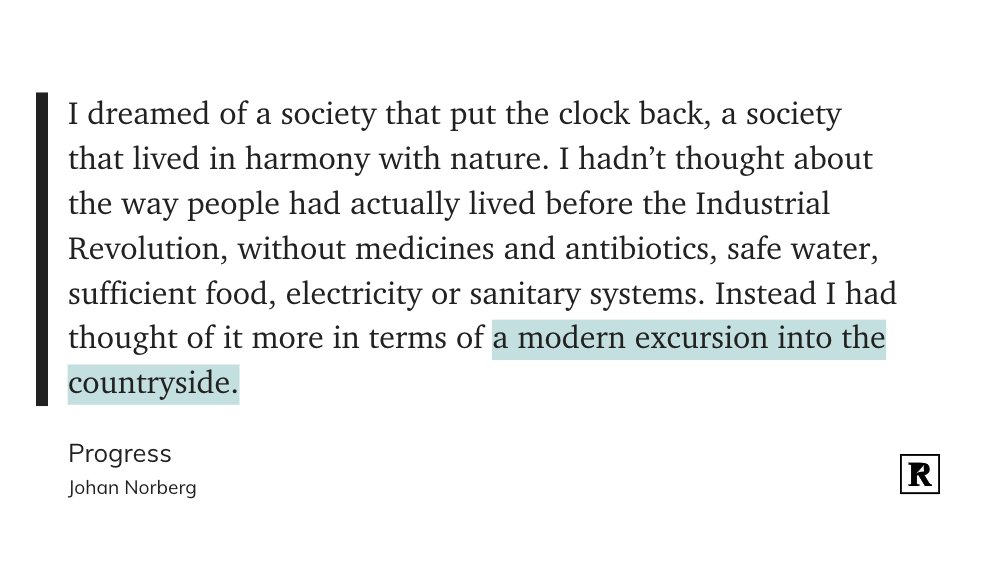
The transition from urban transit to automobiles was “enthusiastic”. “The twentieth-century urban ridership despised fixed rail transit.” pic.twitter.com/OUlCxig4HR
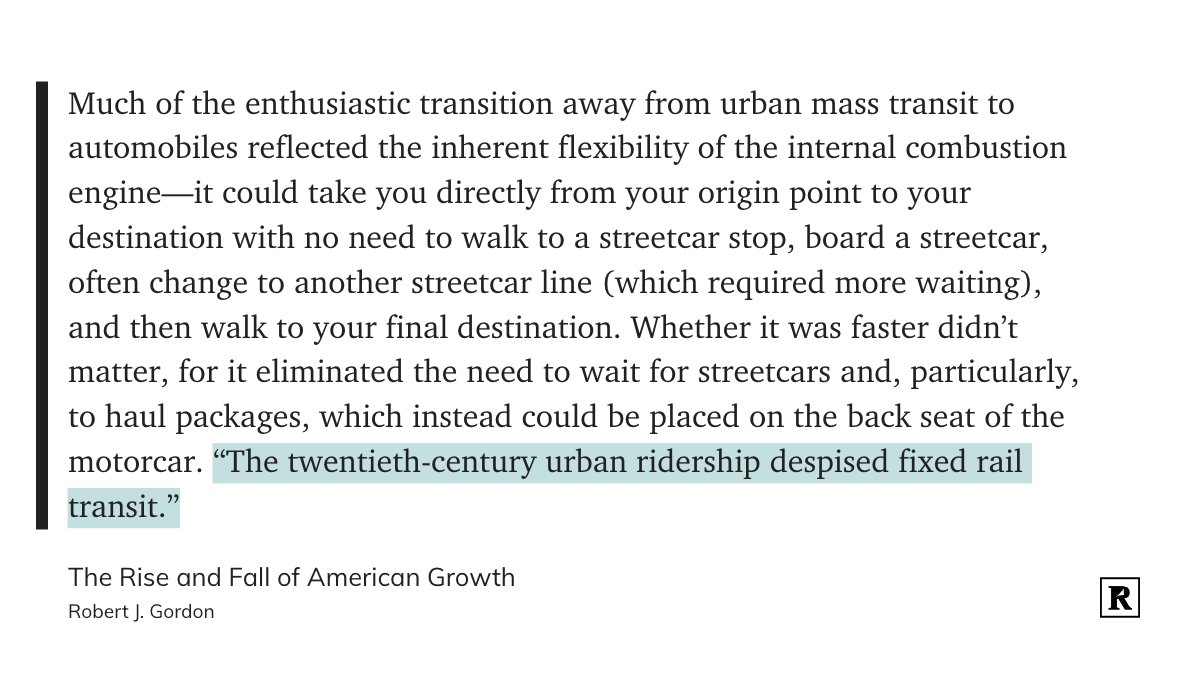
An ode to the jet engine pic.twitter.com/GbhkwXZfSB
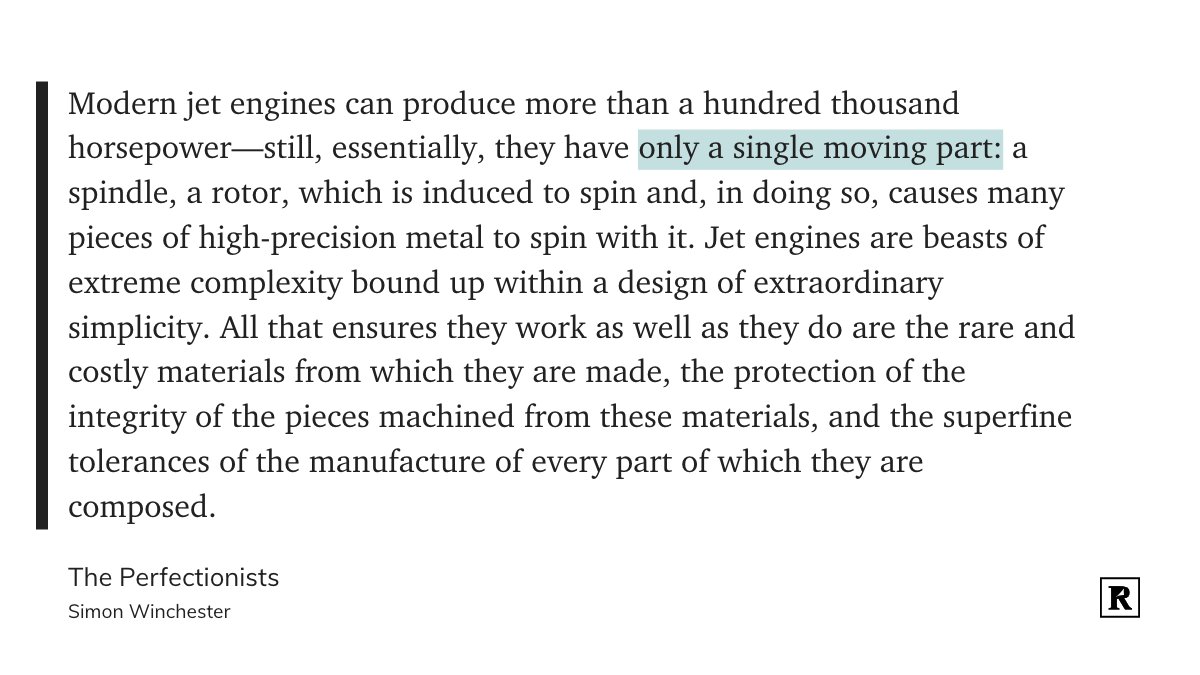
I was interviewed on @NuclearTitans with @bkugelma to talk about progress and stagnation in nuclear power and beyond: titansofnuclear.com/experts/JasonC…
Retirement is a 20th-century invention. The machines *did* take our jobs—they took jobs away from the elderly after retirement, from school-age children, and from everyone else after 5pm and on the weekends. And that's a good thing. pic.twitter.com/fAY76f8UM6
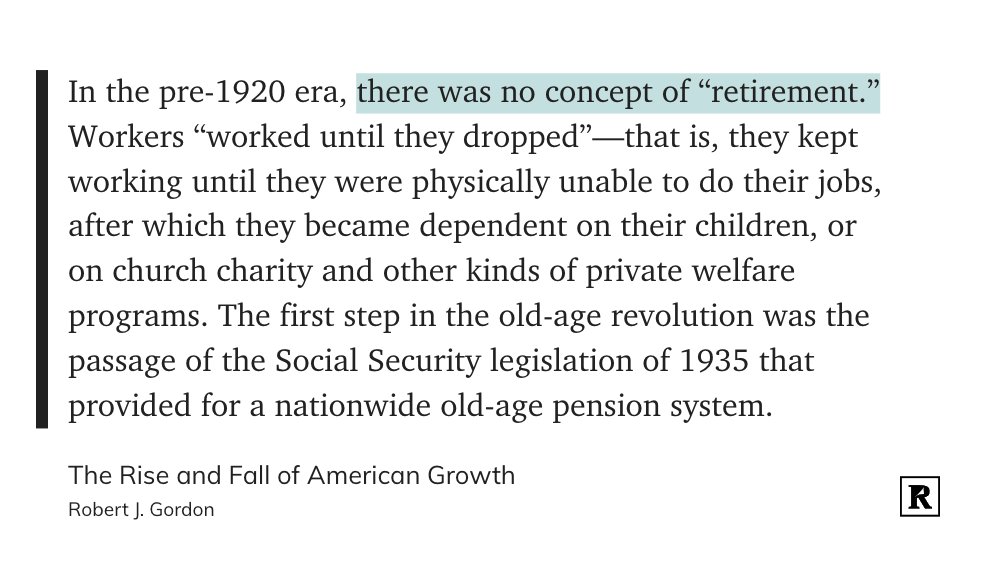

The machines did take our jobs—they took jobs away from the elderly after retirement, from school-age children, and from everyone else after 5pm and on the weekends. And that's a good thing.
I find it fascinating that even within stone tools, a technology that dates back millions of years (before our own species!), there is a story of progress. Polished stone had several advantages over flaked stone: pic.twitter.com/XroRVzzlRx
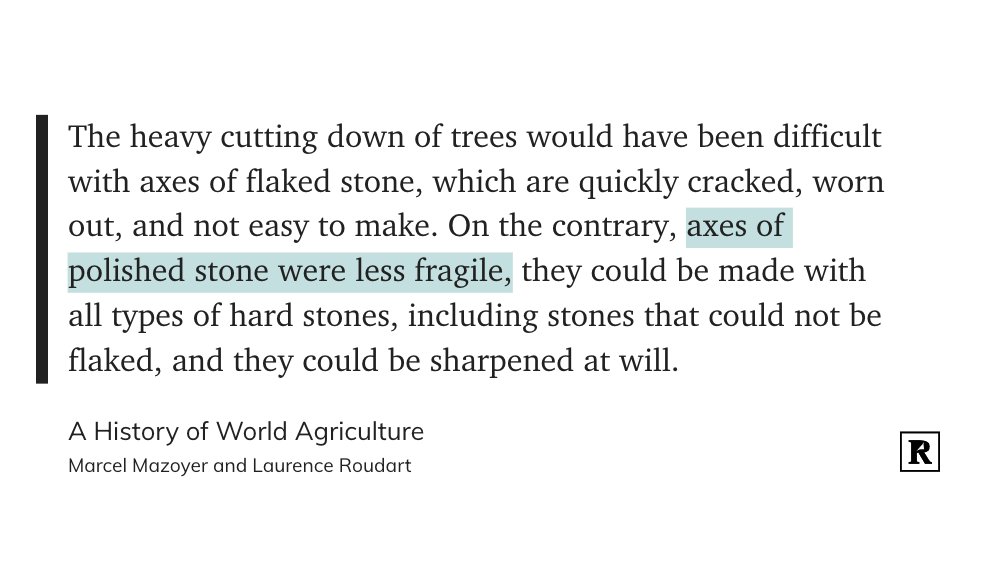
Imagine having no central heating, and having to take a hot brick from the kitchen stove to your room to warm up your bed at night: pic.twitter.com/rAMaK8XFGn
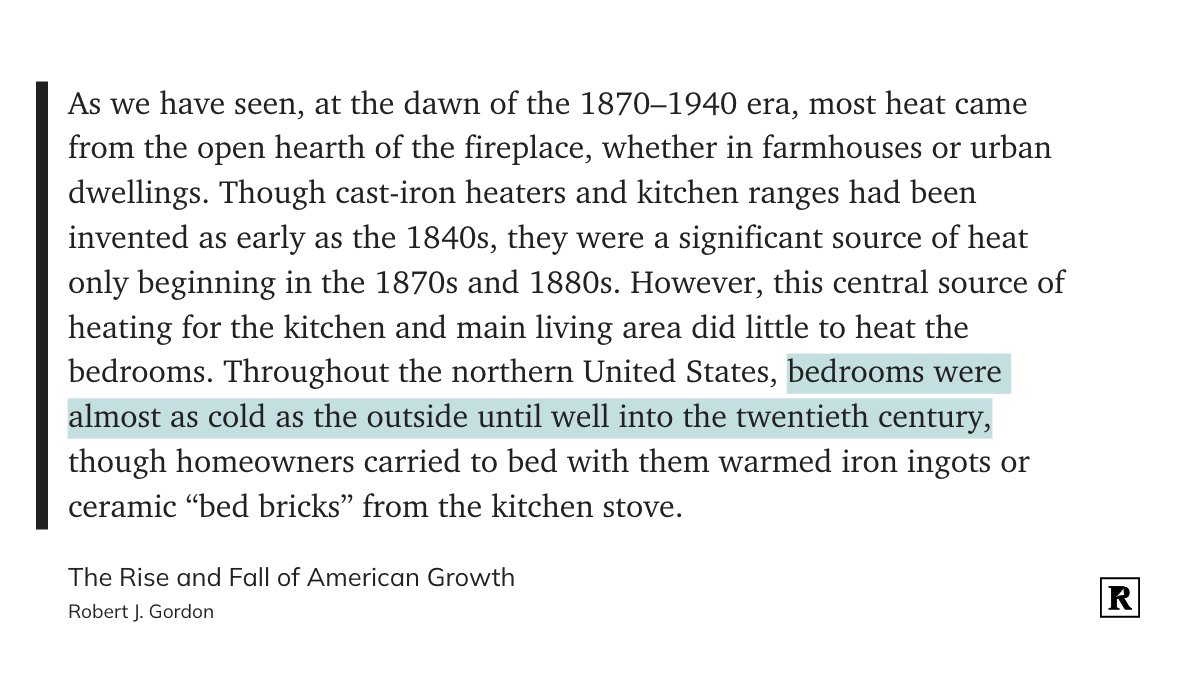

“Thermodynamics owes more to the steam engine than the steam engine owes to thermodynamics.” True—but the steam engine owes a lot to the theory of air pressure and the properties of the vacuum: pic.twitter.com/IA9znp9oWi
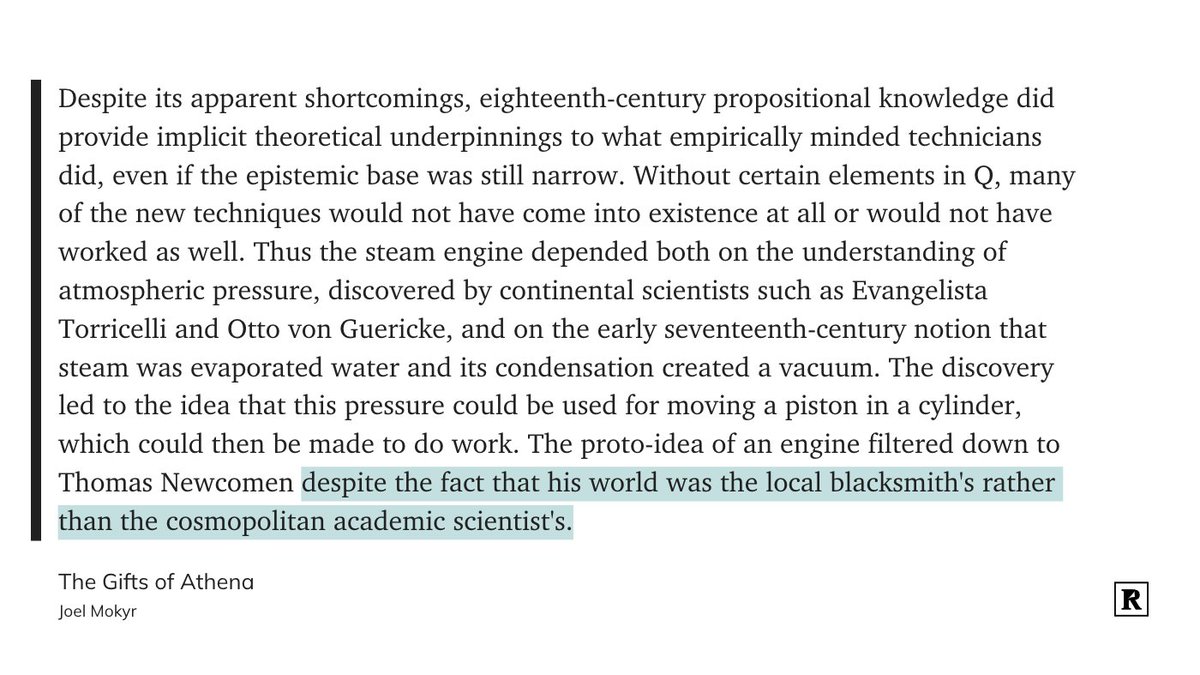

True—but the steam engine owes a lot to the theory of air pressure and the properties of the vacuum.
Tinkering alone could never have created a sustained Industrial Revolution: pic.twitter.com/OOYtwzPZm8
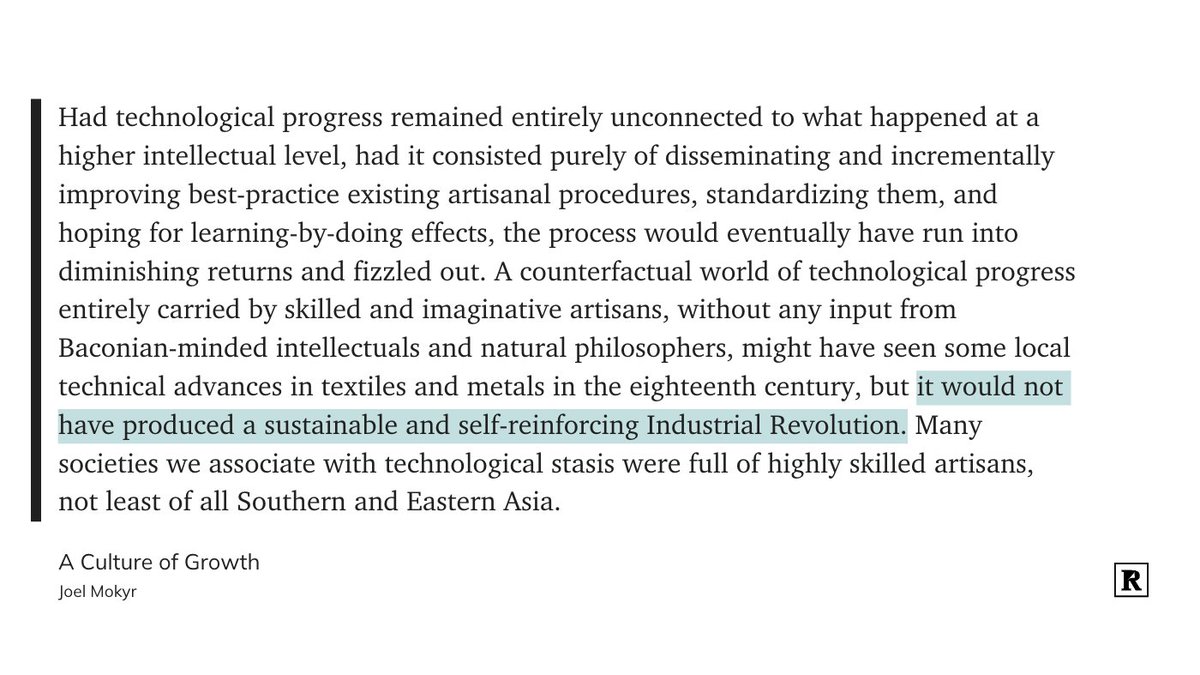
Hygiene, such as it was, at the turn of the century pic.twitter.com/1SLmfex9wL

Our daughter was born this year. To her, the Sept. 11 attacks and the wars that followed will be history—almost as far in the past for her as the Vietnam War is for me.
Loved this explanation of progress studies from @jasoncrawford: “Progress is real and important, but it is not automatic or inevitable. It is something that comes about in significant part because of human agency — because we choose to pursue it.” pic.twitter.com/pefJa5OWeW
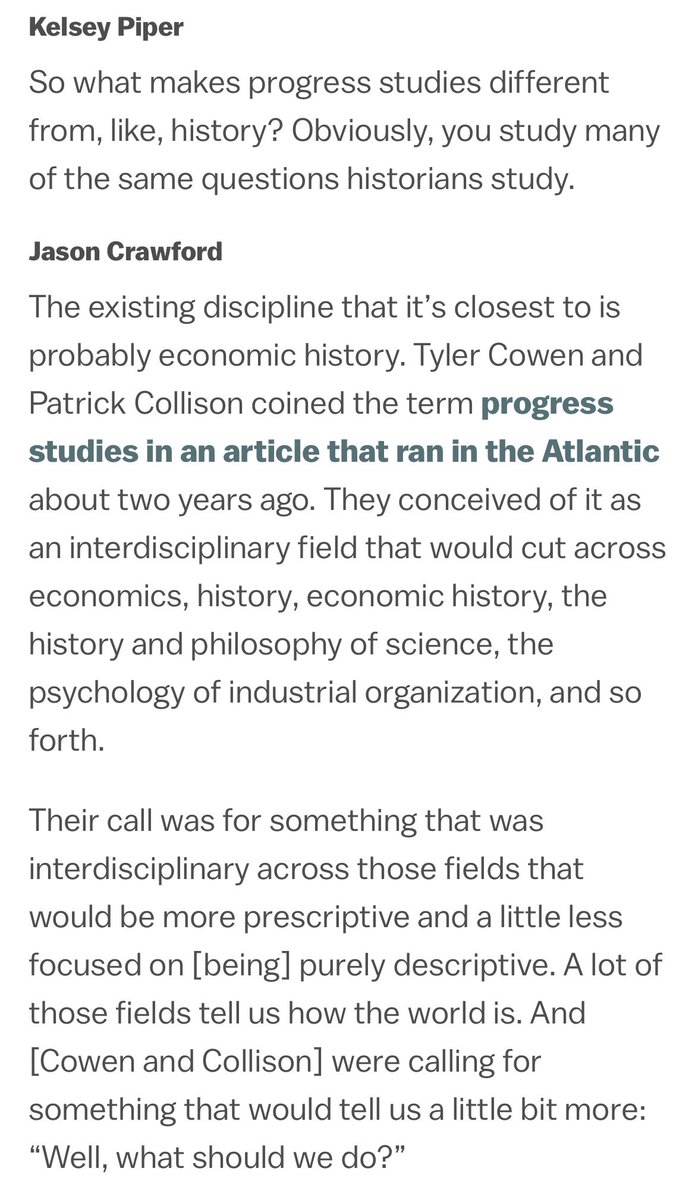

Progress is real and important, but it is not automatic or inevitable. It is something that comes about in significant part because of human agency — because we choose to pursue it.”
Vox calls progress studies “one of the more intriguing intellectual movements out there” in this interview with me by @KelseyTuoc about @rootsofprogress: vox.com/future-perfect…
WTF happened in 1971? I think the right question is what happened in 1945 that took a generation to sink in. I discussed this and other topics with @Ben_Reinhardt on the Idea Machines podcast: ideamachinespodcast.com/jason-crawford…
“I think America had a sort of national self-esteem crisis around the late '60s / early '70s, with Vietnam, Watergate, and the oil shocks all hitting around the same time.… I don't think we've ever fully recovered.” My interview with @Noahpinion: noahpinion.substack.com/p/interview-ja…
When artists believed in progress, progress was depicted as beautiful: twitter.com/simonsarris/st…
From 1935. Even before WW2, philosophers and historians were losing their optimism and their belief in progress: pic.twitter.com/dmN8bzhe13
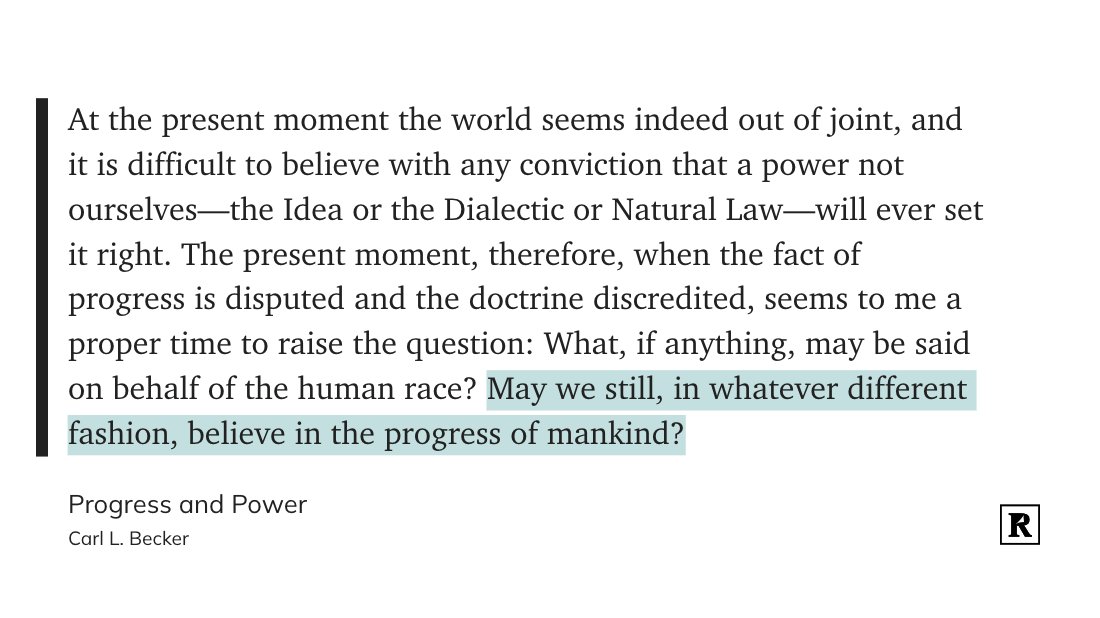
When laundry and bathing were arduous, not much of either happened very often: pic.twitter.com/uisSoNHksu
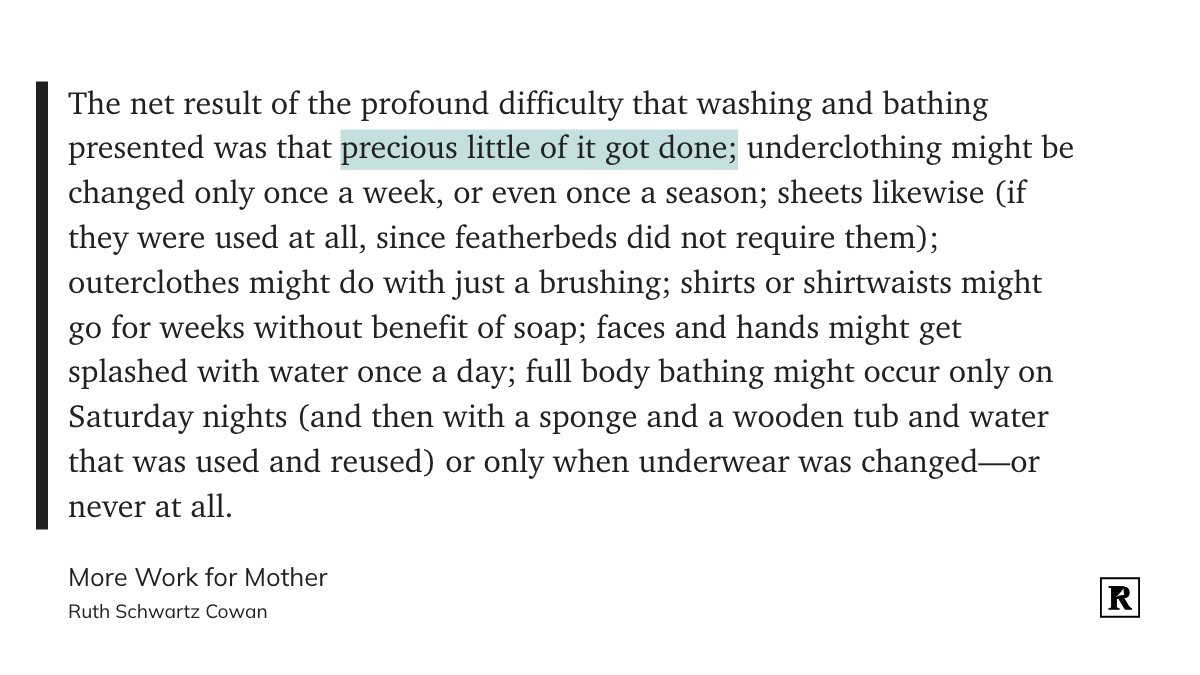
Did a prof at @UofR assign my history of factory safety for a class a couple weeks ago? (That's my guess based on Google Analytics.) Curious who it was and how it turned out! rootsofprogress.org/history-of-fac…

Did a prof at University of Rochester assign my history of factory safety for a class a couple weeks ago? (That's my guess based on Google Analytics.)
Curious who it was and how it turned out!
Don’t be a hashtag activist, build the future twitter.com/Tracinski/stat…
What popular music in the last few decades, if any, has glorified science or engineering?






























